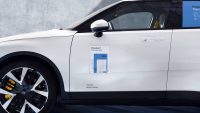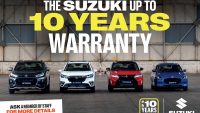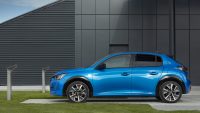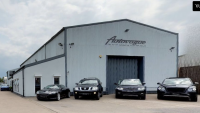Proposed rules that will mean even more stringent emissions limits have been criticised by the boss of Stellantis.
If ratified by the European Parliament and Council, the Euro 7 regulations are due to come into effect in July 2025 for cars and vans, and in 2027 for buses and trucks.
But speaking out during a media round table yesterday, Stellantis CEO Carlos Tavares called the rules ‘useless’ and counter-productive as they’re being forced on an industry that’s finding it a struggle to bring out affordable EVs, reported Automotive News Europe.
It quoted him as saying: ‘It is not helpful, it is costly, it does not bring customers benefits, it does not bring environmental benefit.
‘The ICE emission part is something which just makes no sense.’
It’s feared that manufacturers won’t have enough time to work on and homologate powertrains that comply with the law.
The Euro 7 standards have already been condemned by Tavares as wasting time and money, as manufacturers will have to fit particulate filters and catalytic converters plus electronics to reduce emissions in ICE models that’ll be banned by the EU come 2035.
Stellantis says it’ll be keeping its Euro 7 applications to a minimum, as it ramps up electrification as quickly as it can.
But Tavares did praise the Euro 7 proposals as far as brake pad and tyre particulates are concerned.
According to the regulators, keeping pollutants such as nitrogen oxides (NOx) down may save thousands of lives.
The EU says that come 2035, the Euro 7 regulations will reduce passenger car and van NOx emissions by 35 per cent, while buses and trucks will see a 56 per cent fall.
Meanwhile, brake particulates will be slashed by more than a quarter at 27 per cent, it’s claimed.
Car Dealer Live – the future of the car dealer – exclusive conference features talks from leading car dealers, Google and Auto Trader among much more. Find out the full event details and book tickets.



































